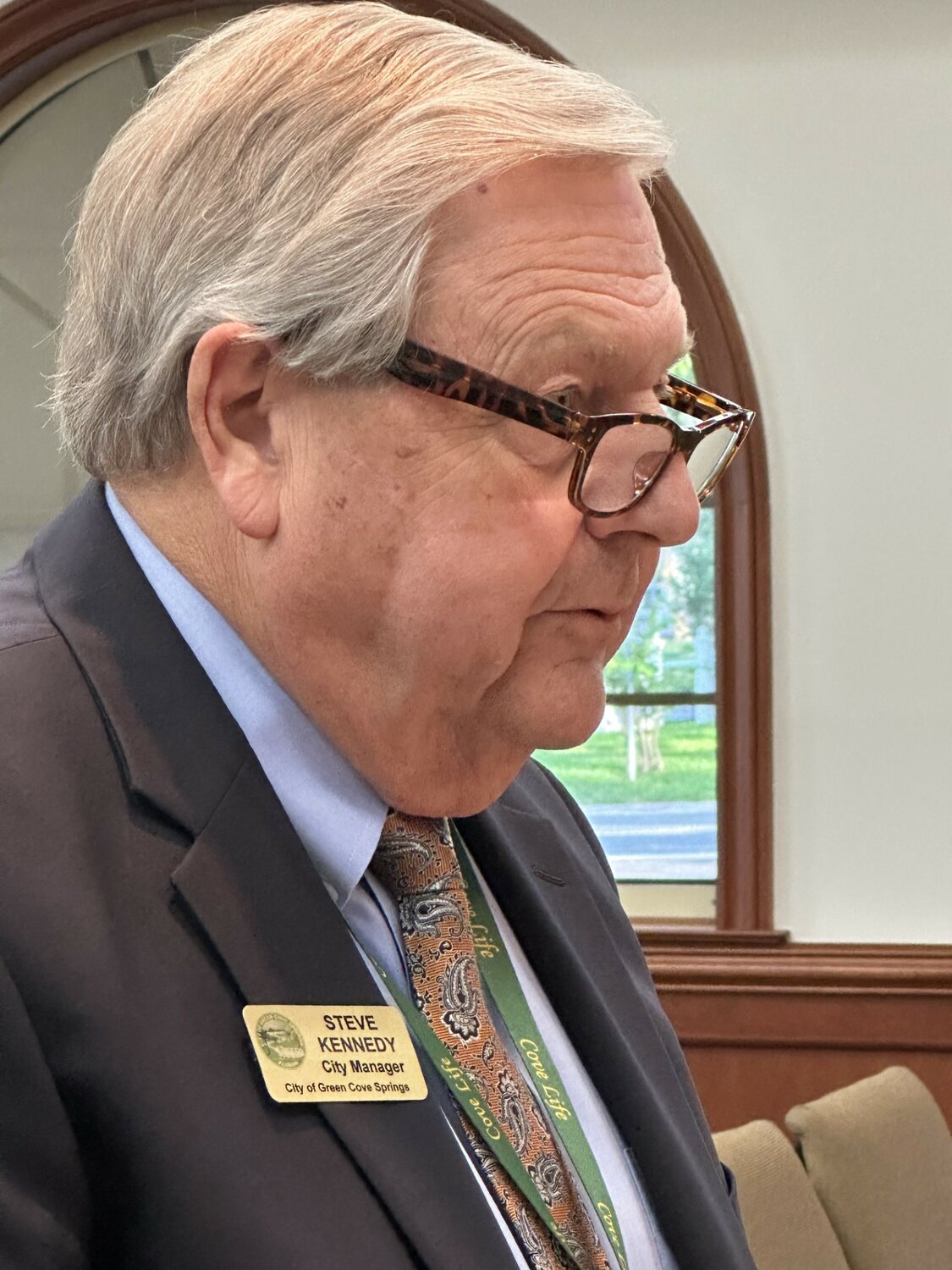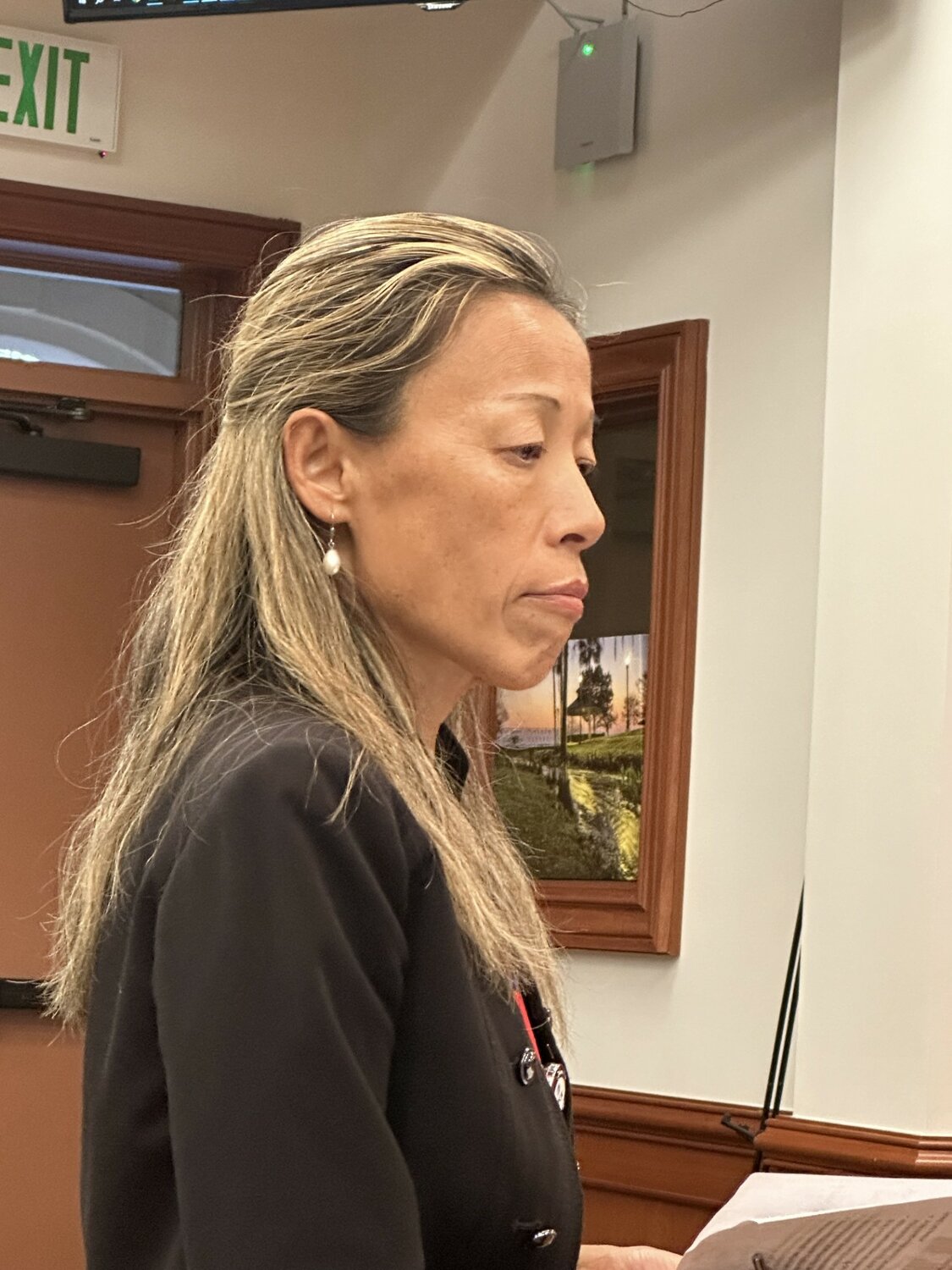Green Cove Springs tackling reality of whirlwind growth
City forced to pay for expenses far ahead of development revenues
GREEN COVE SPRINGS —The City Council confronted the stark realities of deteriorating infrastructure and exploding growth by temporarily setting its millage rate for the 2024-25 fiscal budget at 6.0 …
This item is available in full to subscribers.
Attention subscribers
To continue reading, you will need to either log in to your subscriber account, below, or purchase a new subscription.
Please log in to continueDon't have an ID?Print subscribersIf you're a print subscriber, but do not yet have an online account, click here to create one. Non-subscribersClick here to see your options for subscribing. Single day passYou also have the option of purchasing 24 hours of access, for $1.00. Click here to purchase a single day pass. |
Green Cove Springs tackling reality of whirlwind growth
City forced to pay for expenses far ahead of development revenues
GREEN COVE SPRINGS—The City Council confronted the stark realities of deteriorating infrastructure and exploding growth by temporarily setting its millage rate for the 2024-25 fiscal budget at 6.0 — 1.3 points greater than the current rate.
The figure was lower than that of two councilmen — particularly Thomas Smith and Ed Gaw — who argued that it should have been even higher to avoid more profound financial hardships in the future. Eventually, others agreed.
The council held its initial mileage rate meeting to formalize its rate before forwarding it to Tallahassee for final approval. According to City Manager Steve Kennedy, the city must reach a final figure by Sept. 17. The final rate could be negotiated before it is submitted to the Florida Assembly for approval.
In the past year, the city has been tasked with upgrading its downtown areas, including electrical, wastewater, sewage, and stormwater management.
Kennedy said the city is spending money on upgrades before it can expect to collect on future growth.
“The growth expenses are here, and they’re here long before growth revenues,” Kennedy said.
The city has no tentative options. If it seeks a long-term loan with lower payments, it will come with a higher interest rate. If it waits, prices will increase because the cost of services and goods is skyrocketing.
Kennedy said one option is examining the city’s electrical company. Residents haven’t had a rate increase since 2015, and the city’s general operating budget has offset some of the electrical company’s deficits.
He said another way to close the financial divide was to work with the Clay County Grants Department to find unknown local and state money.
Kennedy said getting another loan “was not a good option” because it would have higher interest rates and stretch the debt for years.
Despite the increase—a one mill increase is a $1 tax for every $1,000 value of a property—some on the council believe the city needs an infusion of tax dollars. For example, a property valued at $100,000 would have a tax bill of $100. City residents also have to pay county, school, and St. Johns River Water Management taxes. The 2023-24 mileage rate is 17.3352.
“We’re faced with critical decisions at critical times,” Mayor Steven Kelley. “I don’t think we’ve scratched the surface. The demand is still ahead of us. It’s going to be like this for the foreseeable future.”
Kennedy cautiously but pointedly said, “We’ve got to start somewhere. I don’t like paying for it, but it’s necessary. We have to be prepared.”
The next City Council meeting will be at 7 p.m. on Aug. 6. at City Hall.










